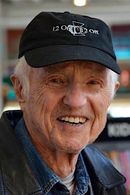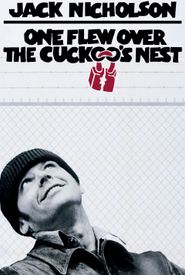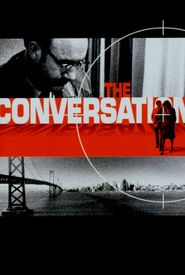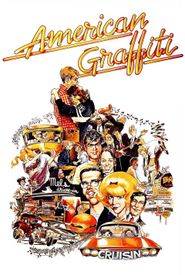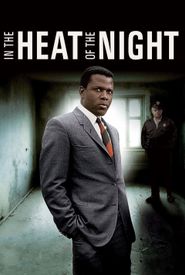Haskell Wexler, a two-time Academy Award-winning cinematographer, was regarded as one of the most influential cinematographers in film history, according to a survey conducted by the International Cinematographers Guild, which polled its membership.
Wexler's impressive career spanned over six decades, during which he received five Oscar nominations for his cinematography and one Emmy Award. His impressive filmography includes a wide range of movies and documentaries that showcased his progressive political views.
One of his most notable achievements was winning Oscars for his work on both black and white and color films, including "Who's Afraid of Virginia Woolf?" (1966) and "Bound for Glory" (1976). He also worked on the critically acclaimed film "Days of Heaven" (1978),although he initially felt that the Best Cinematography Oscar should have been jointly shared with Nestor Almendros, the credited director of photography.
In 1993, Wexler was awarded a Lifetime Achievement Award by the American Society of Cinematographers, a testament to his outstanding contributions to the field of cinematography. His work has been celebrated and recognized by many, and he continues to be an inspiration to aspiring cinematographers and filmmakers.
In addition to his work as a cinematographer, Wexler also directed several films, including the seminal late Sixties film "Medium Cool" (1969). He has also directed and shot many documentaries that showcase his progressive political views, and has been the subject of a documentary shot by his son Mark Wexler, "Tell Them Who You Are" (2004).
